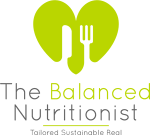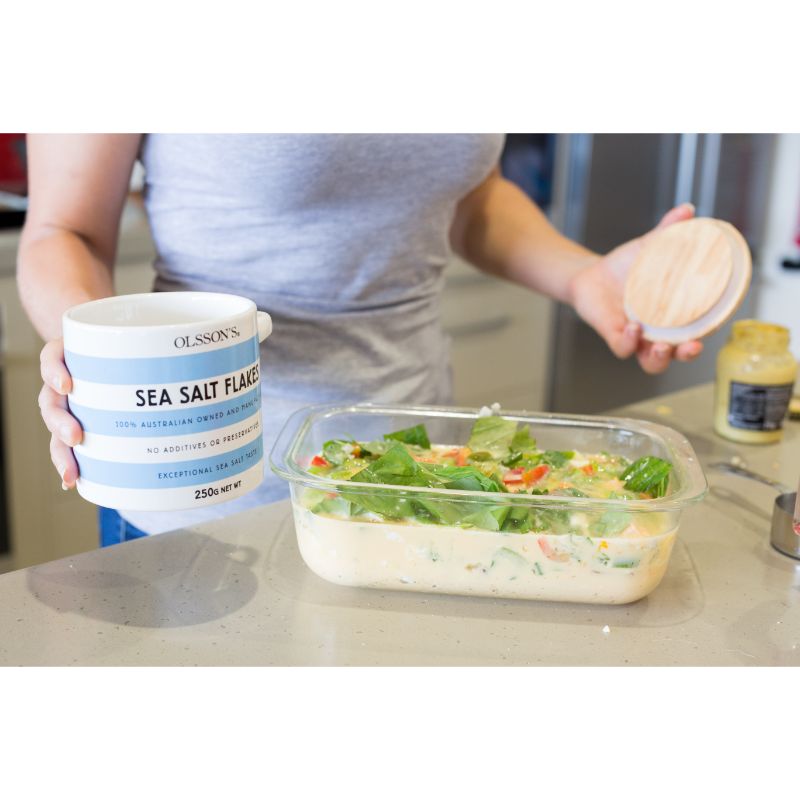We’ve been told for decades that we should reduce our salt intake, but what if salt is actually good for you?
Salt (or sodium chloride, as it’s scientifically called) is made up of about 40% sodium and 60% chloride. The words ‘salt’ and ‘sodium’ are often used interchangeably, as salt is the highest dietary source of sodium, however, sodium is also found naturally in foods, such as seafood, spinach, celery and beetroot.
Sodium is an essential nutrient that is required for the normal functioning of our body:
- Our bodies use salt to balance the amount of fluid in our tissues and blood.
- Salt facilitates nerve and muscle function and helps to maintain healthy blood pressure.
- The chloride in salt is used to produce hydrochloric acid, which helps to break down food in our stomach and helps absorb nutrients.
- Adequate amounts of salt are necessary for thyroid and adrenal function.
- Salt also plays an important role in food preservation.
In fact, it’s impossible to live a life without any salt – it’s essential to life!
Our bodies constantly lose salt through bodily functions, like sweating, so it must be replaced. But it’s all about balance – consuming too much sodium (particularly refined salt) may lead to oedema (swelling), increased blood pressure, and other conditions.
And salt isn’t just salt – your standard white table salt is considerably different from the salts you find in nature.
Table salt is a refined form of natural salt that has been processed; heated to extreme temperatures which change its structure and destroys many beneficial compounds; bleached white; treated with chemicals to remove all trace minerals. The problem is that these trace minerals are essential for our body and our health.
Unfortunately, it’s this refined salt that is used in most packaged and processed foods, like breads, processed meats, soups and sauces, and salty snacks.
Refined table salt is not a health ‘food’ and should be limited in your diet.
So, what’s the healthiest salt?
Choose an unrefined salt that is found in nature. Unrefined natural salts contain sodium and chloride as well as other essential minerals that act as important electrolytes in the body.
Pink Himalayan salt comes from ancient seabeds in the Himalayan mountains. Himalayan salt is rich in minerals, in fact, it contains all 84 essential trace elements required by your body. Its pink colour comes from the rich iron content.
Celtic Sea salt is an unprocessed, natural salt from the coastal regions in France near the Celtic Sea. Unlike regular, refined table salt, Celtic Sea salt retains the beneficial trace minerals and nutrients, like potassium and magnesium, needed by the human body.
Murray River salt flakes are produced from using the mineralised brines from the ancient saline aquifers of the Murray Darling Basin. The brine is pumped into shallow lake beds and dried out in the sun, leaving layers of salt to be harvested. As well as sodium, Murray River salt contains other important minerals (magnesium, calcium, iron, potassium and iodine).
Similarly, unrefined sea salt is produced by pumping seawater into ponds and allowing the water to evaporate leaving salt to crystallize on the floor of the pond. It is then scooped up, washed in seawater, dried and packaged.
Australian Pink Lake salt comes from a lake in Western Victoria. The lake is fed by natural salt aquifers and dries out each summer to reveal a bed of salmon coloured pink salt. This natural salt is rich in calcium, magnesium, phosphorus, sulphur, iron, manganese, zinc and copper.
How much salt should you have?
The Australian Dietary Guidelines recommends a suggested dietary target of 2,000mg of sodium (which is equivalent to about 5 grams or 1 teaspoon of salt) for adults daily. But it’s easy to get much more than this when you are eating a lot of processed and packaged foods.
About 75% of the salt we eat comes from processed foods, rather than from salt added to cooking and foods.
On the other hand, eating a mostly real, whole food diet – consisting of lots of fresh vegetables and fruit, quality protein, healthy fats, whole grains, legumes, raw nuts and seeds, and water – will naturally help to keep your daily salt intake within a healthy range.
Listen to your body… When you are eating a mostly real food diet you can let your taste buds guide your salt intake. Salt your food as you cook, keep the sea salt grinder on the table and enjoy fermented foods (such as pickles and sauerkraut).
The take-home message… Salt is an essential nutrient. Avoid refined salt, limit your intake processed/packaged foods (which contain high levels of refined salt), and use an unrefined, natural salt to taste.
And remember that you may need more salt on days when you are sweating a lot and/or drinking lots of water.
Written by Nicole Bence. You can book with Nicole here.
*Note: If you have hypertension or kidney disease, please consult your health care practitioner before you make any changes to your consumption of salt.


